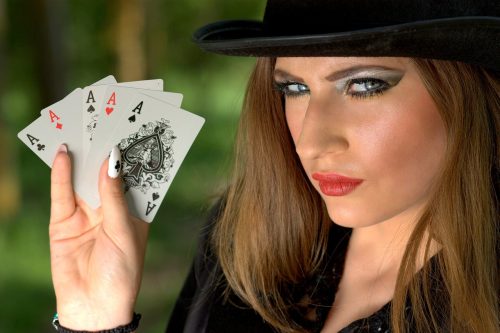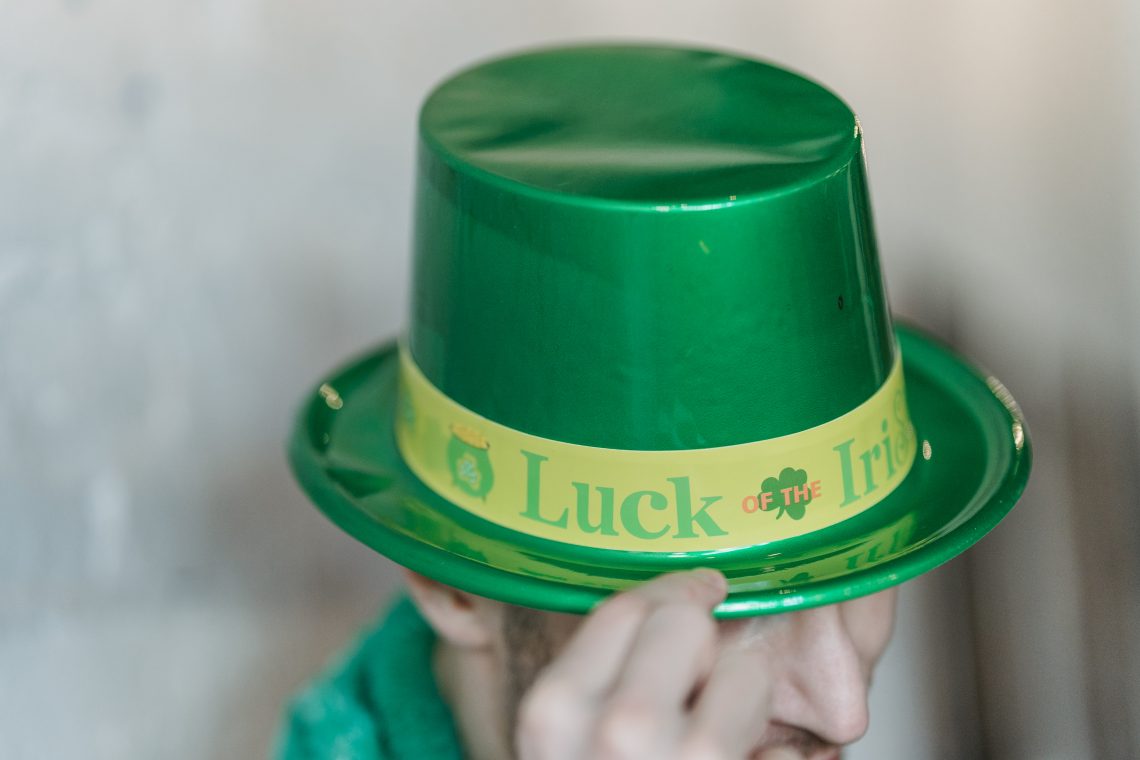Today we will discuss the cultural significance of luck. The concept of luck has fascinated humanity throughout the ages. People have attempted to understand and control its perceived power through both religious beliefs and personal rituals from ancient civilizations to the current period. Today, luck plays a prominent role in a variety of fields, including in the world of online gambling. While some players believe in superstitions, others engage in unusual behavior in order to influence the outcome of games or secure the best online casino bonuses. In this article, we will explore the enthralling world of luck, its cultural significance, and its intriguing connection to the world of online gambling.
Cultural Influences: Exploring the Significance of Numbers and Symbols
The interesting world of superstition and luck has its roots in many historical eras and cultures. Throughout history, people have used objects such as amulets and talismans, thought to have supernatural abilities to harness good fortune and ward off bad luck. These items held great significance in many cultures, even finding their way into religious rites and daily life.
Superstitions still exist today, albeit they vary considerably by country, ranging from beliefs about specific animals, such as cats, to numbers, garments, and colors. In Western society, for example, some people are wary of the number 13. Friday the 13th is especially ominous. Some people prefer to sleep on such a day, while others stay attentive in case of an unforeseen calamity. Because of the widespread dread, even huge organizations omit the number when identifying stairwells, merchandise, and business sites.
While the number 13 is associated with terror in Western cultures, it has little meaning in Chinese culture. In contrast, the number four, which has a phonetic similarity to the Chinese word for “death,” causes uneasiness. These disparate beliefs emphasize the intriguing and unusual behaviors that originate from cultural superstitions. Every part of the world has its own intriguing collection of beliefs, from Egyptian scarabs to the cherished Four-leaf clovers of Ireland, contributing to a tapestry of diverse customs.
Understanding the Cultural Origins of Superstitions
There is little concrete evidence to support the efficacy of luck charms in repelling evil spirits, gaining a shortcut to a better life, or improving outcomes. However, the cultural significance of acquiring mementos, getting body piercings, or engaging in certain rituals arouses curiosity and sheds light on related phenomena.
Every good luck charm has a backstory that is rooted in the culture of its origin and is frequently linked to deep-seated fears and superstitions. A good luck charm’s origins can be traced back to religious beliefs, legends, or folklore. Acorns, for example, can be traced back to the Norman Conquest, when they represented power.
Various researchers have worked hard to gain a better understanding of the causes of luck and superstitions. According to some studies, the concepts of luck and superstitions were prevalent in cultures that used lunar-solar calendars. Even if superstitions are similar, cultural meanings and resonances can vary significantly.

Photo by AdinaVoicu on Pixabay
People’s continued belief in superstitions is frequently attributed to the European Middle Ages in modern popular culture. The appeal of superstitions and the concept of good and bad luck, on the other hand, persists, most likely due to the enjoyment, aesthetic value, and social aspect of believing in superstitions, as well as the perception that there is little harm in doing so.
The Role of Luck in Gambling: Exploring its Significance and Impact
In the world of gambling, luck plays an important part, influencing players’ experiences and outcomes. While strategic knowledge and abilities are important, it is frequently luck that becomes the ultimate game-changer, capable of changing the course of a game in an instant. The element of chance exerts enormous influence in choosing the road to success or failure, whether it’s the roll of the dice or the spin of the roulette wheel.
The popularity of luck-themed online slot games demonstrates the pervasive effect of luck. These games not only attract players with their captivating themes, but they also tap into the fundamental human desire for good fortune. These games create an environment teeming with anticipation and the tempting promise of winning the jackpot by featuring symbols of lucky charms such as four-leaf clovers, horseshoes, or auspicious numerals such as 7.
Final Word
The concept of luck and its relationship to everyday activities is a complex and fascinating subject that continues to draw wild opinions. To some, luck is an irrational superstition that should be ignored. Regardless of such views, the role of chance cannot be discounted. Belief in luck gives people a sense of control in an unpredictable world, and it is an important part of their cultural heritage. Whether it is to win a bet or to receive good fortune, the belief is a source of hope and optimism that is unlikely to fade in the near future.
Read more entertainment and gambling articles at ClichéMag.com
Images provided by BingAI, Adobe Stock, Flickr, Unsplash, Pexels, Pixabay & Creative Commons





